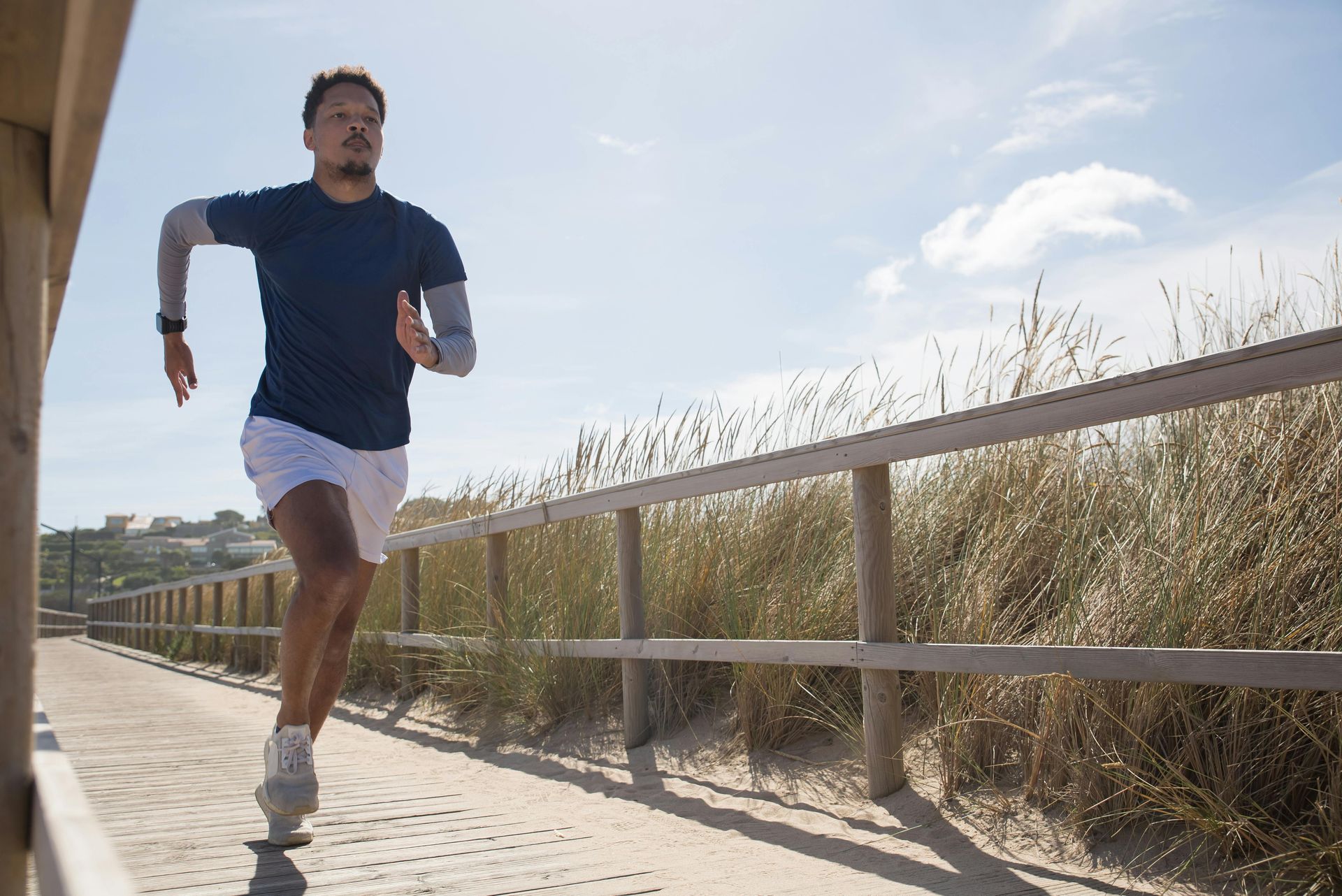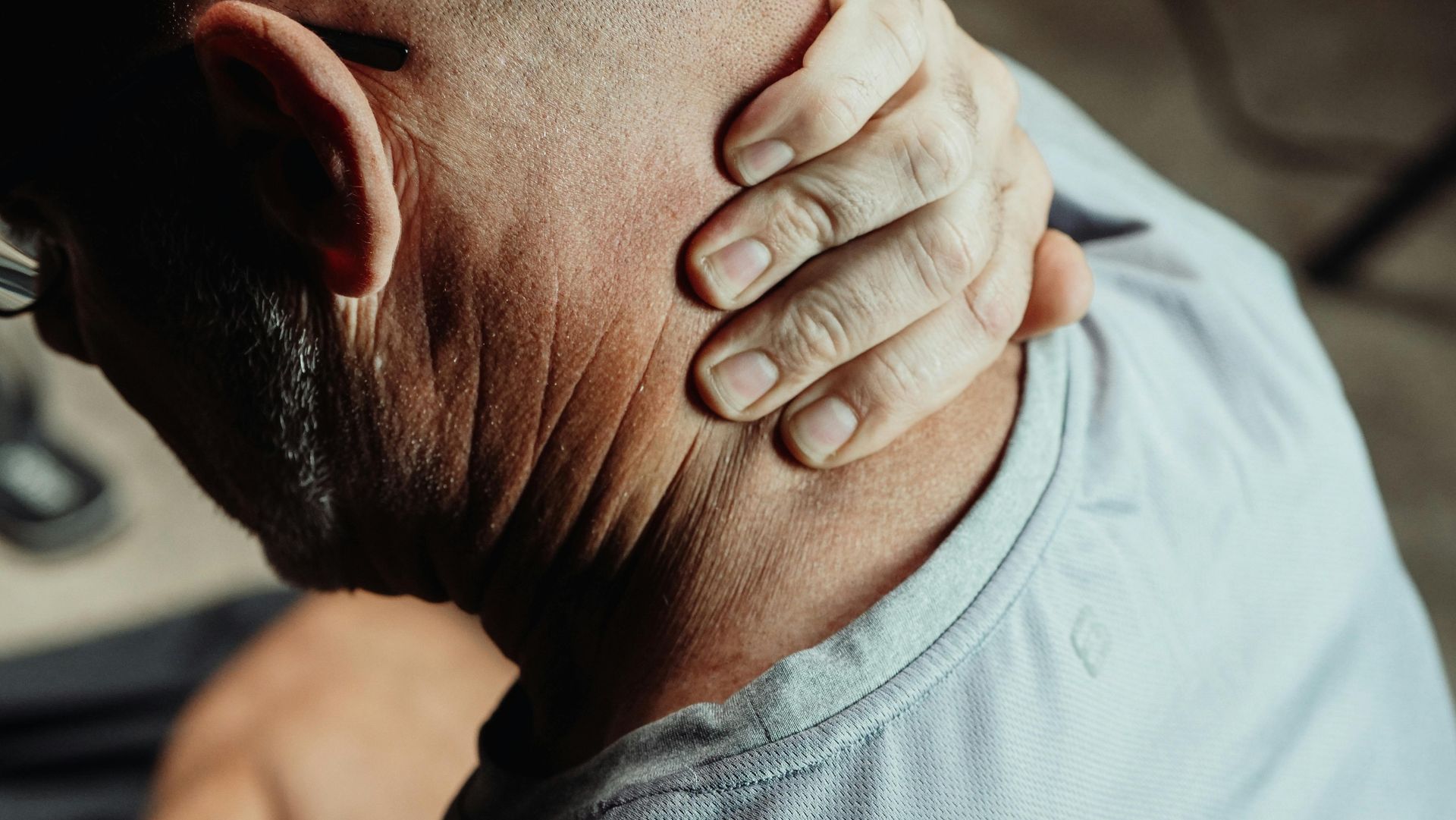HOME | BLOGS
Blogs

Because slow and steady doesn’t cut it in the fourth quarter. In sports like football, rugby, and hockey, sprint speed wins moments — and moments win games . But speed isn’t built just by playing games. To stay fast and explosive all season, athletes need a structured approach: sprint training, repeat sprint ability (RSA) work, strength and power development, and smart recovery strategies. Here’s your no-fluff guide to building elite sprint performance during the season — and having some fun while doing it.

Winter sport season has landed! Whether you're hitting the footy field, netball court, or soccer pitch, your body’s in for a ride. First few games of the season? Expect some sore muscles and general fatigue. But what if that soreness doesn’t go away? Or feels... not quite right? Let’s talk about niggles —those pesky little warning signs your body gives you before a proper injury sets in.

As another sports season kicks off, so does the conversation around concussion . While not every head knock leads to a concussion, recognising and removing players when in doubt is crucial. ‘If in doubt, rule them out.’ Most discussions on concussion focus on recognising symptoms , but what happens after a concussion diagnosis? Here are six key facts parents need to know about managing concussion recovery.



